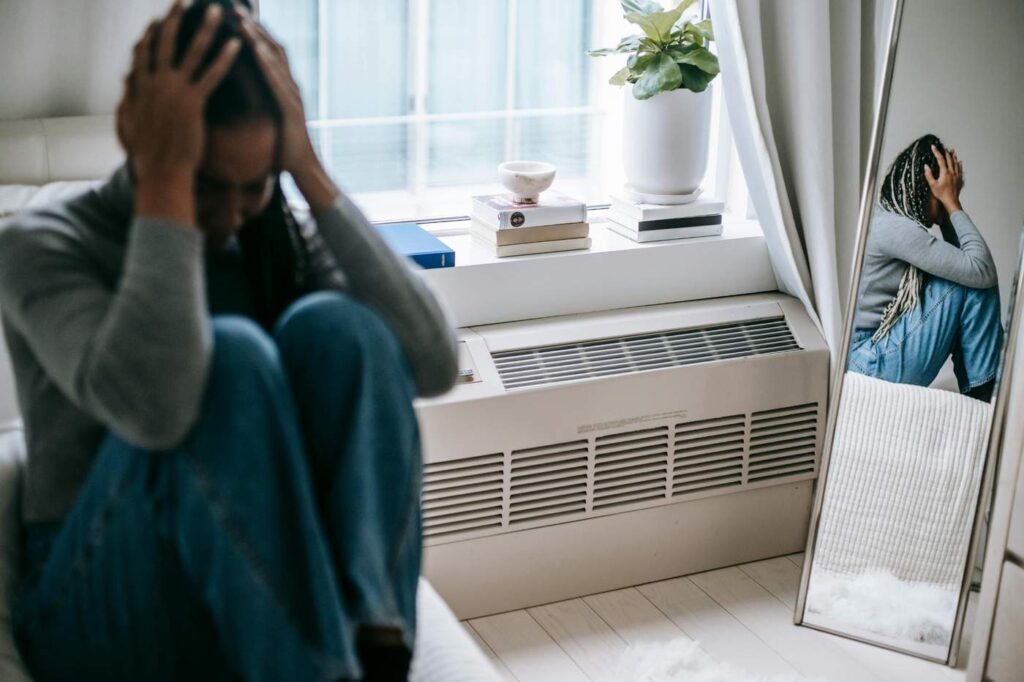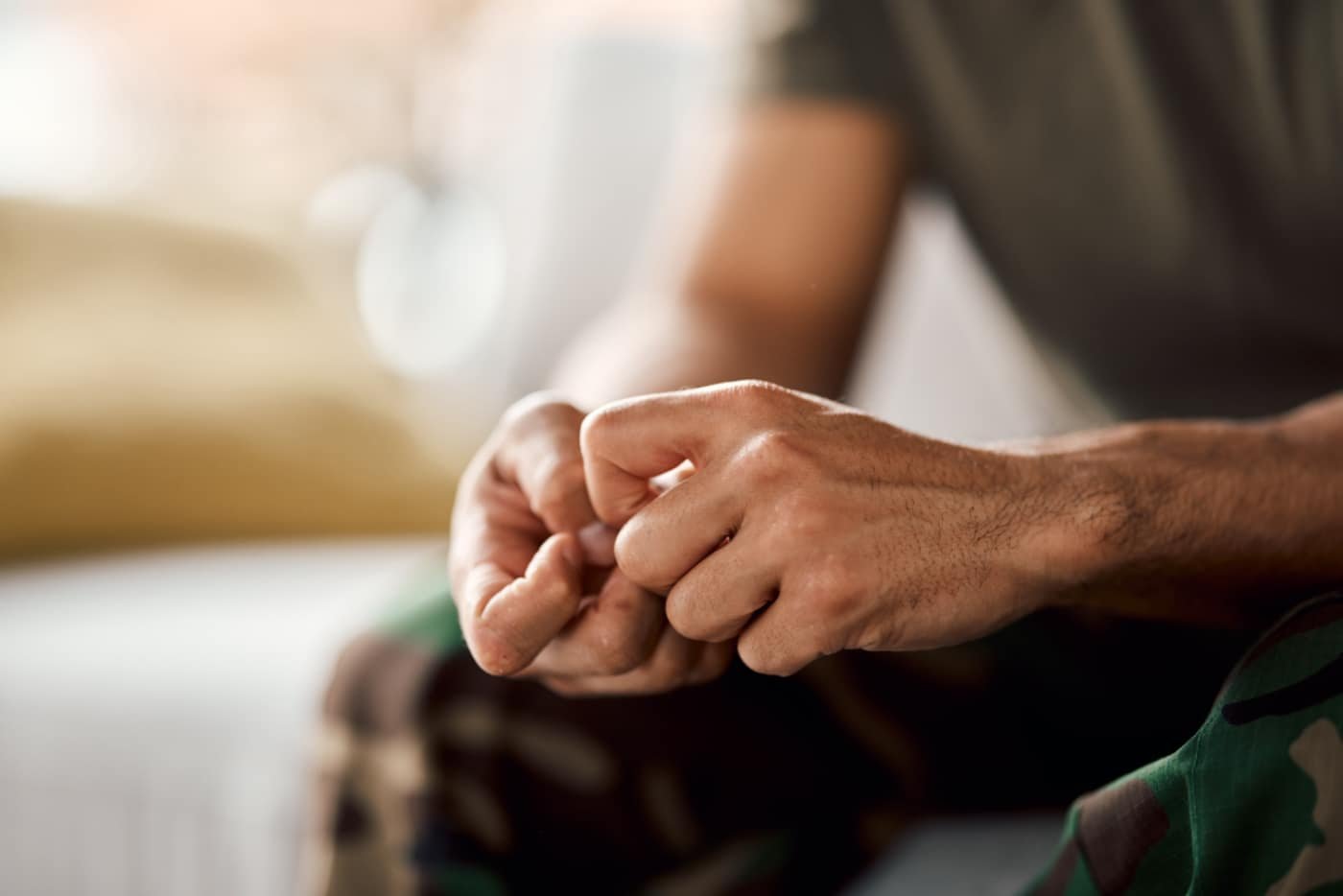When you are anxious, it’s not just a bit of worry or nerves about something. Can’t you just shake it off? Someone not acquainted with the feeling might ask. But what plenty of people don’t realize is, anxiety is biology. To the question, does my anxiety make me drink or use drugs, we have to think of it like this. When your brain predicts a threat or doom—whether it’s real or just imagined, now or 3 months in the future—it flips a switch. The tiny almond-shaped cluster of neurons in your brain starts firing. Adrenaline floods in, and other hormones that, once they are flowing, you simply have a biological response.
This is why anxiety feels relentless: the very system designed to keep you safe is over-firing. It’s like being stuck with the smoke alarm blaring when there’s no fire to be found. And when that alarm won’t shut off, people reach for whatever will silence it—even temporarily.
But alcohol and drugs can seem like the easy off-switch.
Why Drugs or Alcohol Can Feel Like Relief
Why? Because they work, at first. They manipulate your brain chemistry. Alcohol enhances helps the chemicals that calms overactive neural activity. Then at the same time it puts a dimmer switch on the ones that excite your brain. And turn it low.
The result? Your brain slows down. Your thoughts quiet.
Some drugs do the same thing: sedatives will numb panic. Then there are stimulants that distract you from it. This is what’s called self-medicating: using substances to patch over emotional pain or distress instead of addressing the root cause.
Of course, we all know, the relief is short-lived. Your brain notices the shortcut and compensates. Over time, you need more to feel the same quiet. And you need more, and you need more. Until more is never enough.
What started as an escape becomes a dependency, which loops anxiety and addiction together in a way that feels nearly impossible to unravel.

Is My Anxiety Making Me Drink or Use Drugs?
At this point, chances are you’ve seen the pattern. Maybe you reach for a drink every time your chest feels tight.
Or you can’t separate whether you feel anxious because you drank last night or you drank because you were anxious.
These are classic road signs of anxiety and addiction—they feed each other in a loop that confuses even the most self-aware among us.
The science backs this up: chronic alcohol or drug use can the physical path in your brain that is used to regulate anxiety. Over time, the brain’s circuits become hyper-sensitive, so what once felt like manageable worry now feels unlivable.
And you can see where that takes you … more, stronger, faster drugs or alcohol.
Will Drugs or Alcohol Make My Anxiety Worse?
Yes. It is simple biology. Substances hijack neurotransmitters like serotonin and dopamine, leaving them depleted when the effects wear off. Withdrawal—whether mild or severe—often spikes anxiety even higher than before, which is why the cycle persists. This is why so many people wake up at 3 a.m. with a pounding heart and dread that feels both chemical and existential.
It’s cruel math: the very thing that promises relief deepens the problem over time. But here’s the part worth clinging to—because anxiety and addiction are entwined in the brain, treating them together can untangle both.
Treatment for Anxiety and Addiction Together
Modern treatment understands that anxiety and addiction can’t be addressed in isolation. The most effective programs integrate therapy, medical support, and strategies that treat both simultaneously. This might include cognitive-behavioral therapy to retrain thought patterns, non-addictive medications that stabilize anxiety circuits, and guided ways to regulate the nervous system without substances.
If this sounds daunting, it’s not about becoming someone new—it’s about restoring balance to what has gone haywire in your brain and body. And yes, this can be done.
What helps most in treatment:
- A dual-diagnosis program that treats anxiety and addiction at the same time
- Medical oversight to stabilize both withdrawal and anxiety safely
- Therapy that equips you with real tools for long-term regulation
- Support from a team that understands how tightly these two conditions link
This isn’t about erasing anxiety altogether—it’s about reclaiming control over your mind and your life without substances running the show.
A New Way Forward in Orange County, California
If anxiety has been driving your drinking or drug use, you are not alone—and more importantly, you are not stuck like this forever. At Covenant Hills Treatment Center in Orange County, CA, we specialize in treating anxiety and addiction together with compassion, expertise, and evidence-based care.
Call 833-964-2244 today to speak with someone who understands what you’re facing. Relief is possible—and it doesn’t have to come from a bottle or a pill.








